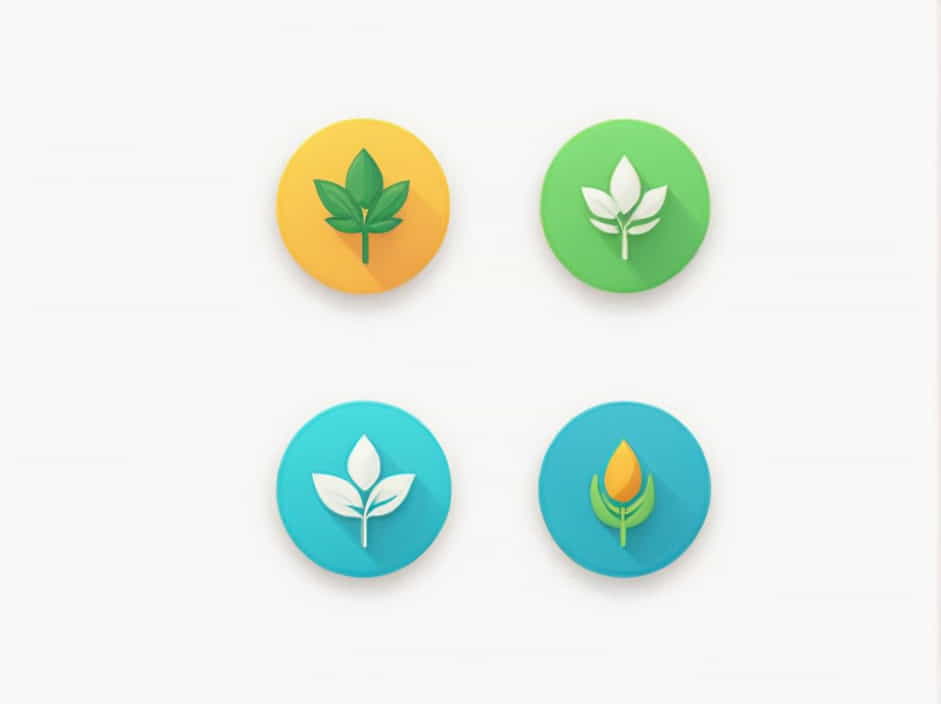In today’s fast-paced world, many people struggle with stress, anxiety, and disconnection. However, the path to a balanced and fulfilling life often lies in simple yet profound elements-nature, love, and harmony. These three forces work together to promote physical, emotional, and spiritual well-being.
Nature provides a sense of peace, love nurtures the soul, and harmony creates a balanced life. When combined, they lead to a state of well-being that fosters happiness, health, and inner peace.
This topic explores how nature, love, and harmony influence our well-being and how we can integrate them into our daily lives.
The Healing Power of Nature
Nature and Mental Well-Being
Spending time in nature has profound effects on mental health. Research shows that exposure to greenery, fresh air, and natural landscapes reduces stress, anxiety, and depression. The soothing sounds of birds, flowing water, and rustling leaves create a meditative experience that calms the mind.
Some benefits of connecting with nature include:
- Reduced stress – Walking in a park or forest lowers cortisol levels, the stress hormone.
- Improved focus – Being in natural settings helps refresh the mind and enhances concentration.
- Boosted creativity – Many artists and thinkers find inspiration in nature’s beauty.
Physical Health Benefits of Nature
Nature is not just beneficial for the mind but also for the body. Activities like hiking, swimming, or gardening promote physical health by improving cardiovascular fitness, reducing inflammation, and boosting immunity.
Other physical benefits include:
- Lower blood pressure – Being outdoors, especially near water or greenery, helps regulate blood pressure.
- Better sleep – Natural light exposure helps regulate circadian rhythms, leading to better sleep quality.
- Stronger immune system – Time in nature increases white blood cell activity, helping fight illnesses.
Ways to Connect with Nature
- Daily walks – A simple walk in a park or by the beach can work wonders.
- Gardening – Growing plants brings joy and a sense of accomplishment.
- Outdoor meditation – Practicing mindfulness in nature enhances relaxation.
By embracing the natural world, we nurture a deep sense of well-being that contributes to a harmonious life.
The Power of Love in Well-Being
Love as a Source of Emotional Strength
Love is one of the most powerful forces in human life. Whether romantic, familial, or platonic, love provides emotional stability and a sense of belonging. It fosters happiness, resilience, and emotional security.
Some ways love improves well-being include:
- Enhancing emotional stability – Feeling loved reduces feelings of loneliness and depression.
- Encouraging empathy and kindness – Love helps people connect with others on a deeper level.
- Reducing stress and anxiety – Emotional support from loved ones can ease life’s challenges.
Self-Love and Inner Peace
Love is not only about relationships with others; it also involves self-love. Accepting and valuing oneself leads to confidence and inner peace. Self-love encourages positive habits, such as self-care, personal growth, and emotional resilience.
Ways to cultivate self-love:
- Practice gratitude – Focus on the positive aspects of life.
- Engage in self-care – Prioritize activities that bring joy and relaxation.
- Avoid negative self-talk – Be kind to yourself, just as you would to a loved one.
When love flows freely-both towards others and oneself-it nurtures emotional harmony and enhances overall well-being.
The Role of Harmony in a Balanced Life
What Is Harmony?
Harmony is the state of balance in life, where mind, body, and spirit function in sync. It is the ability to align one’s thoughts, emotions, and actions with natural rhythms and inner peace.
Living harmoniously means:
- Managing stress effectively – Avoiding unnecessary conflicts and focusing on solutions.
- Maintaining a work-life balance – Prioritizing personal well-being alongside professional responsibilities.
- Being present in the moment – Practicing mindfulness to enjoy life fully.
How to Cultivate Harmony
- Practice mindfulness – Engaging fully in the present moment brings clarity and peace.
- Embrace simplicity – Avoiding unnecessary complications leads to a more peaceful life.
- Align with nature’s rhythms – Waking up with the sunrise and winding down with the sunset improves well-being.
By seeking harmony, people create a lifestyle that supports long-term happiness and inner peace.
Integrating Nature, Love, and Harmony in Everyday Life
Start Your Day with Nature
Beginning the day with a connection to nature sets a positive tone. This can be as simple as drinking tea by the window, taking a morning walk, or practicing yoga outdoors.
Nurture Relationships with Love
Make an effort to express love and gratitude to family, friends, and even strangers. Small gestures-like a kind word or a thoughtful message-can strengthen relationships and spread positivity.
Maintain Balance Throughout the Day
- Prioritize well-being – Set boundaries to prevent burnout.
- Engage in calming activities – Listening to music, meditating, or journaling can help maintain balance.
- End the day with reflection – Take time to reflect on positive moments before sleeping.
By incorporating these habits, life becomes more fulfilling, joyful, and balanced.
Nature, love, and harmony are interconnected forces that contribute to overall well-being. Nature provides peace and healing, love fosters emotional strength, and harmony ensures a balanced life. When embraced together, they create a foundation for happiness, health, and inner tranquility.
By making small changes-spending time outdoors, nurturing relationships, and practicing mindfulness-anyone can cultivate a life filled with well-being and harmony.
